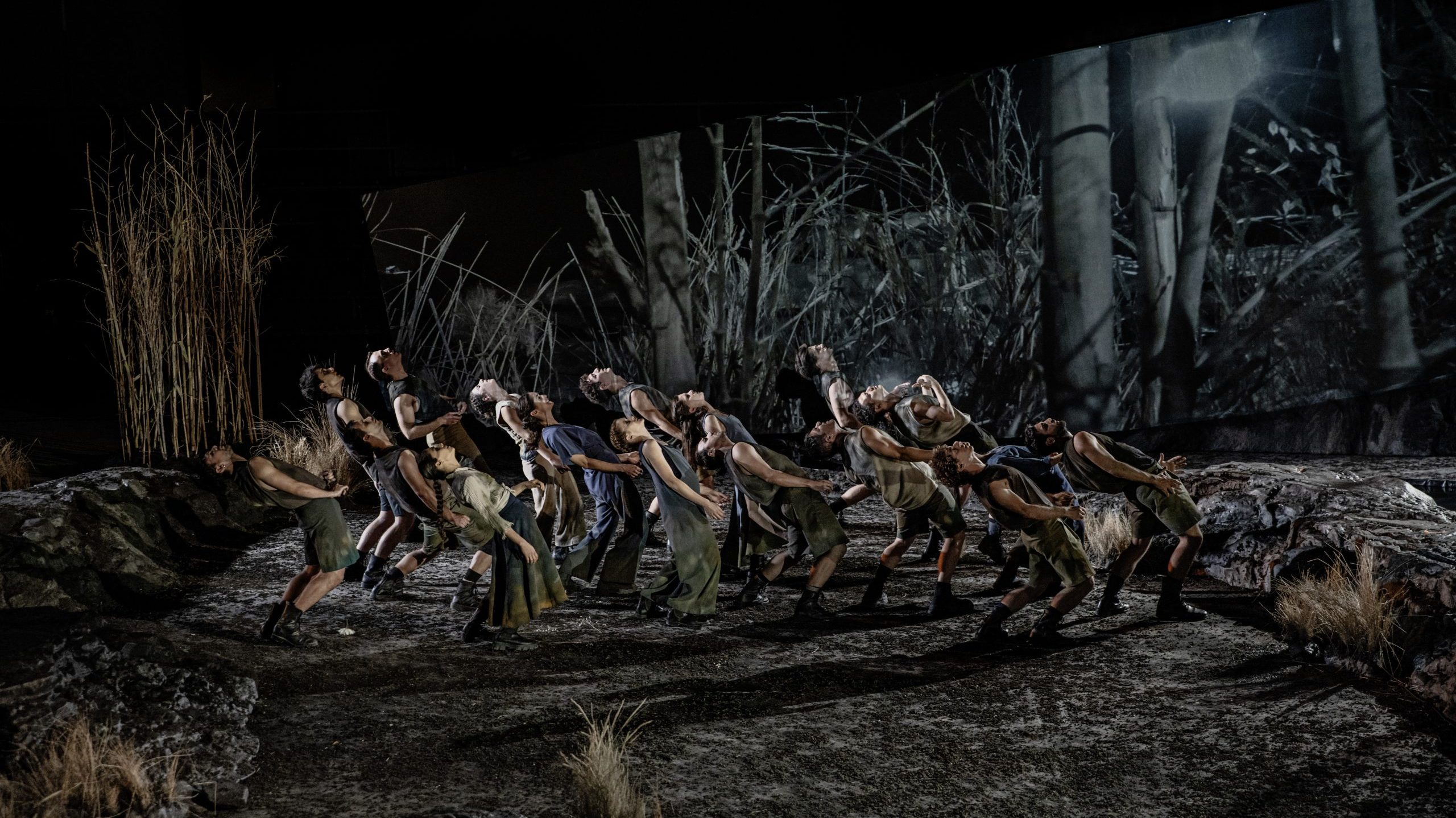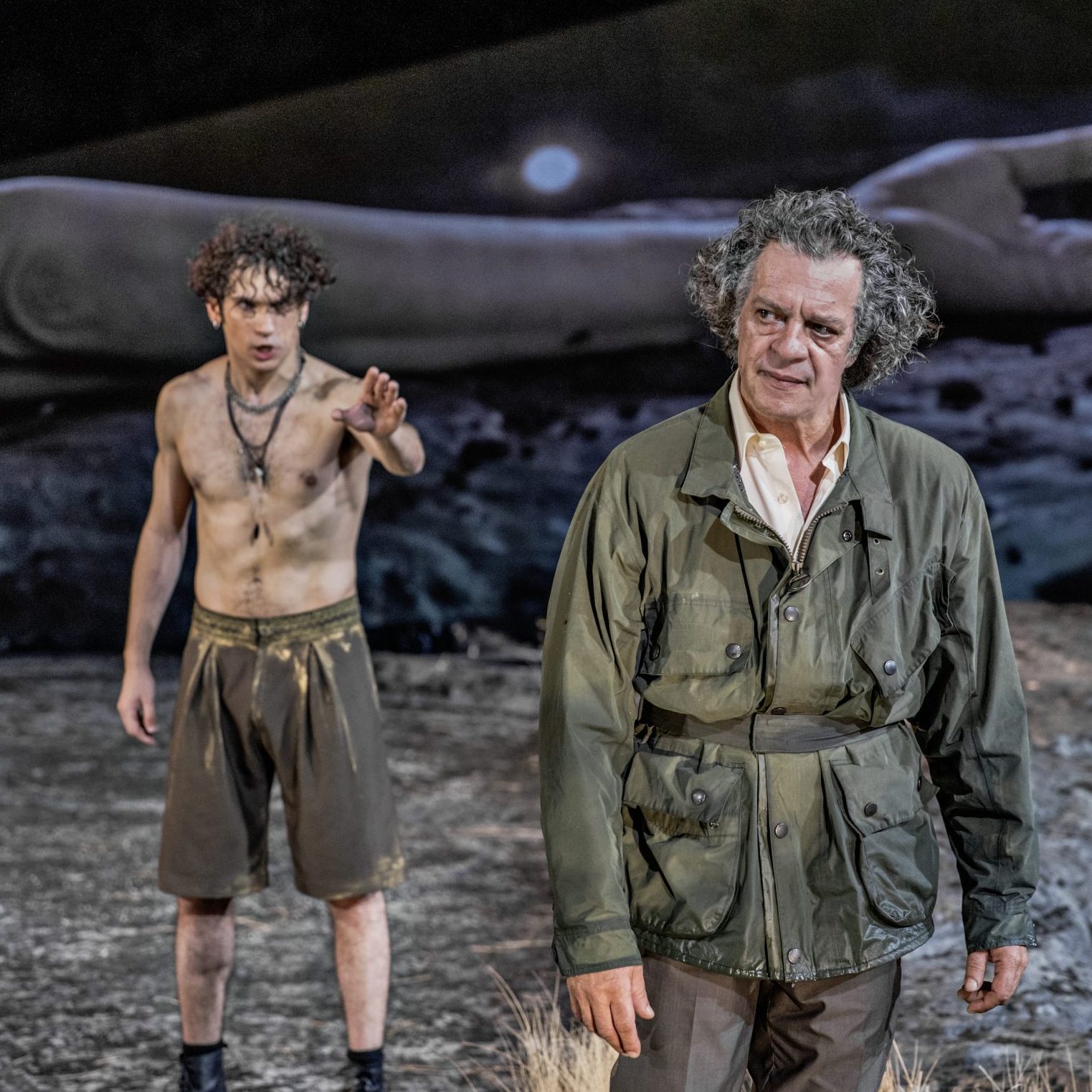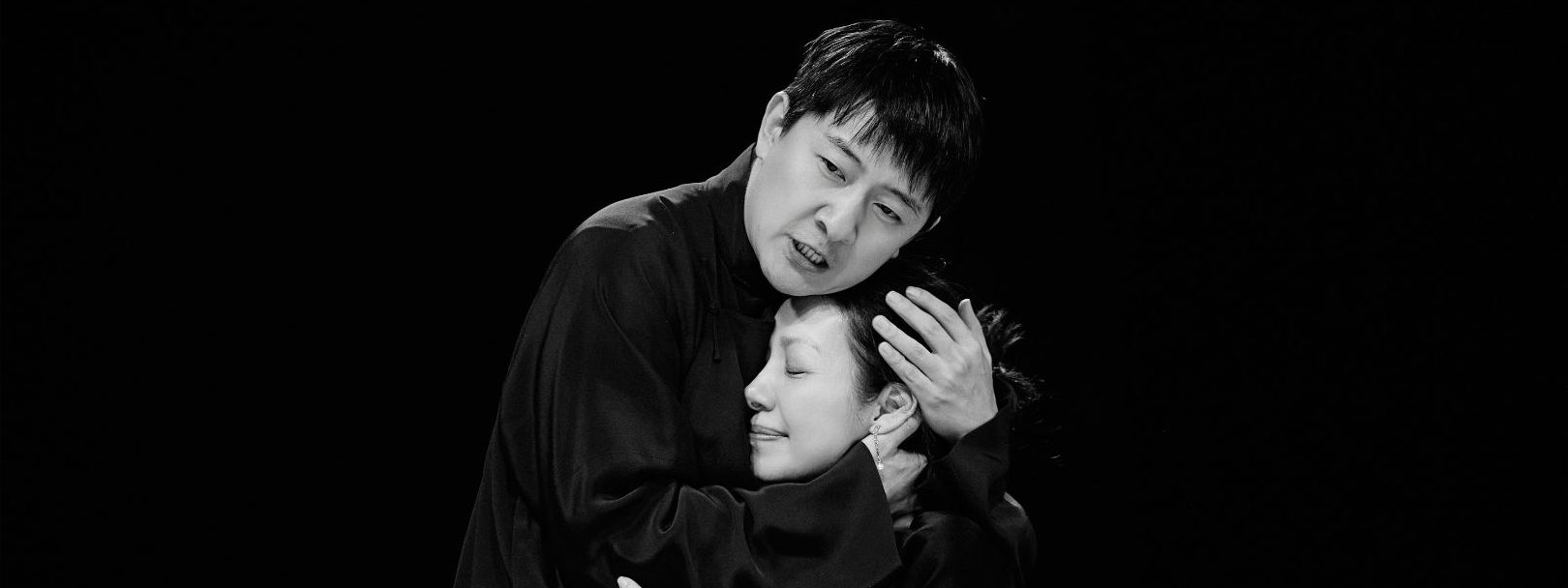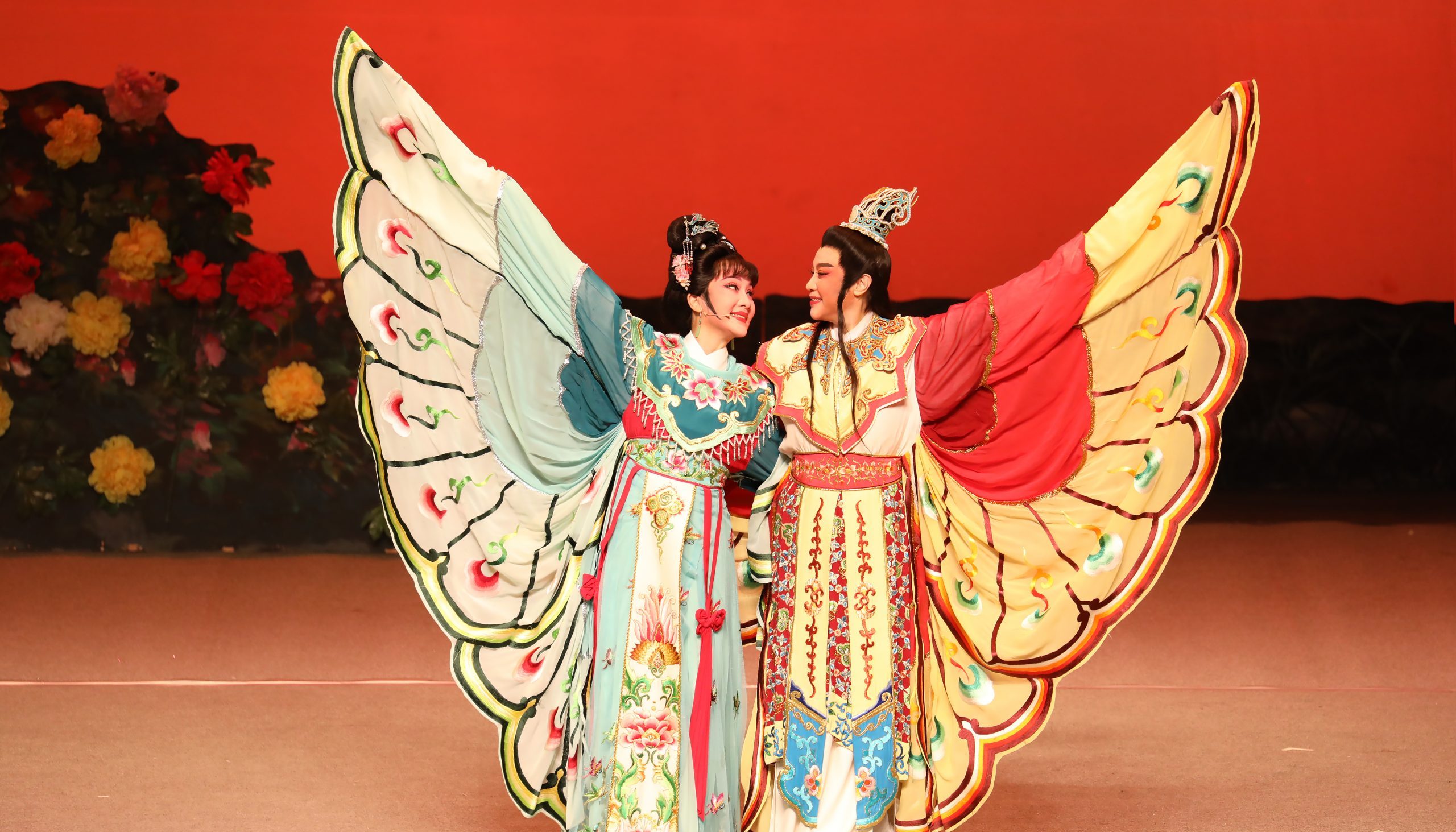For director Katerina Evangelatos, the question of Hippolytus is posed on multiple levels. "On the one hand there is fate, the higher power, God if you like, and on the other hand there is human will," she says.
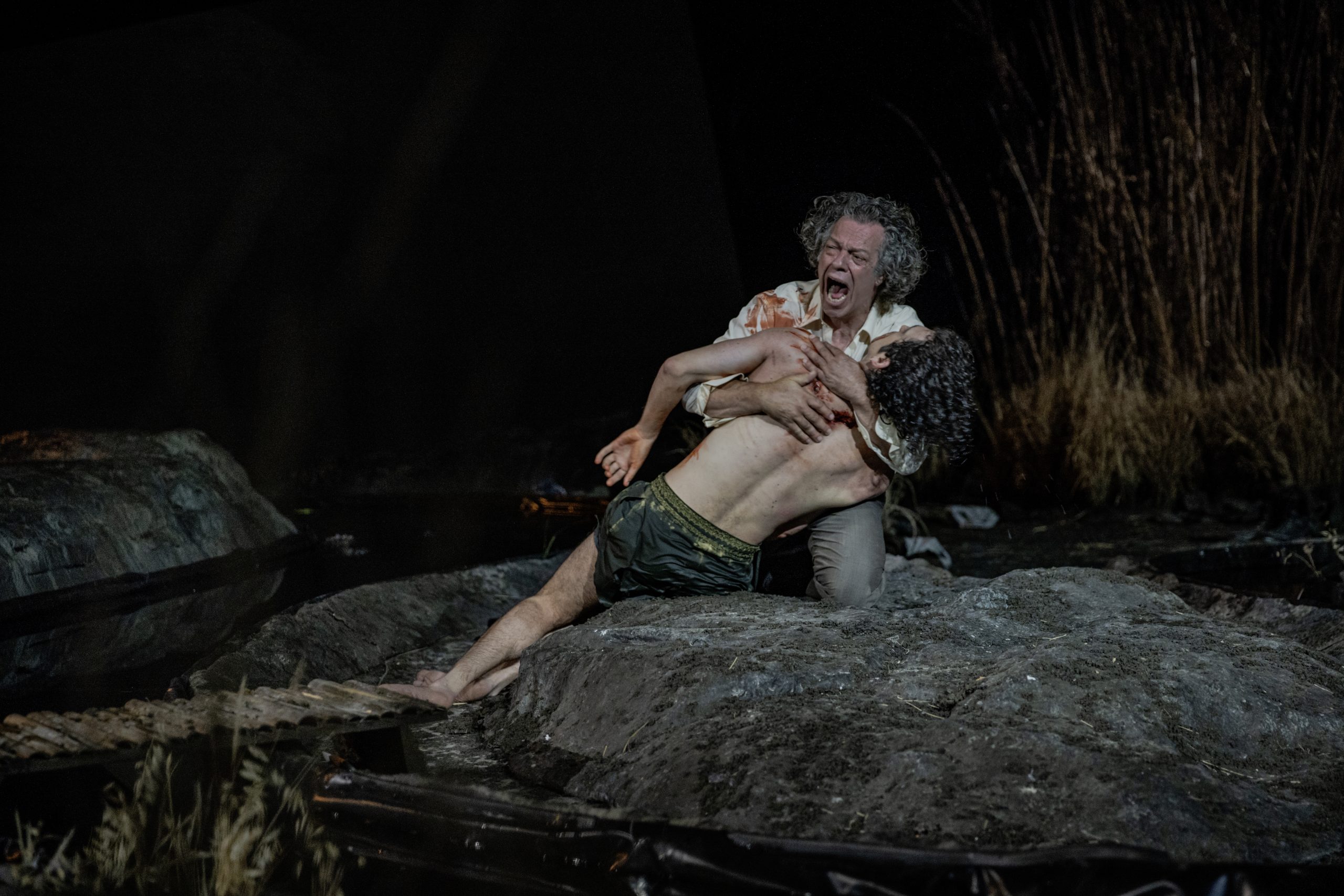
"To what extent is man, therefore, free to decide for himself? At the same time, on a second level, the play projects the aspect of lust and sexual desire that blinds thought, while the concept of the vow, of remaining silent, is of pivotal importance. Because even until the very last moment, Hippolytus keeps the vow of silence he gave to his nurse, that he will not talk about what she revealed to him, and although he asserts his innocence, he does not confess the whole truth to his father."
For Evangelatos, a shocking aspect of the play is the misogyny expressed by Hippolytus. "You read his words and you are appalled. You understand that this work, unfortunately, touches so deeply on the present day," she mentions.
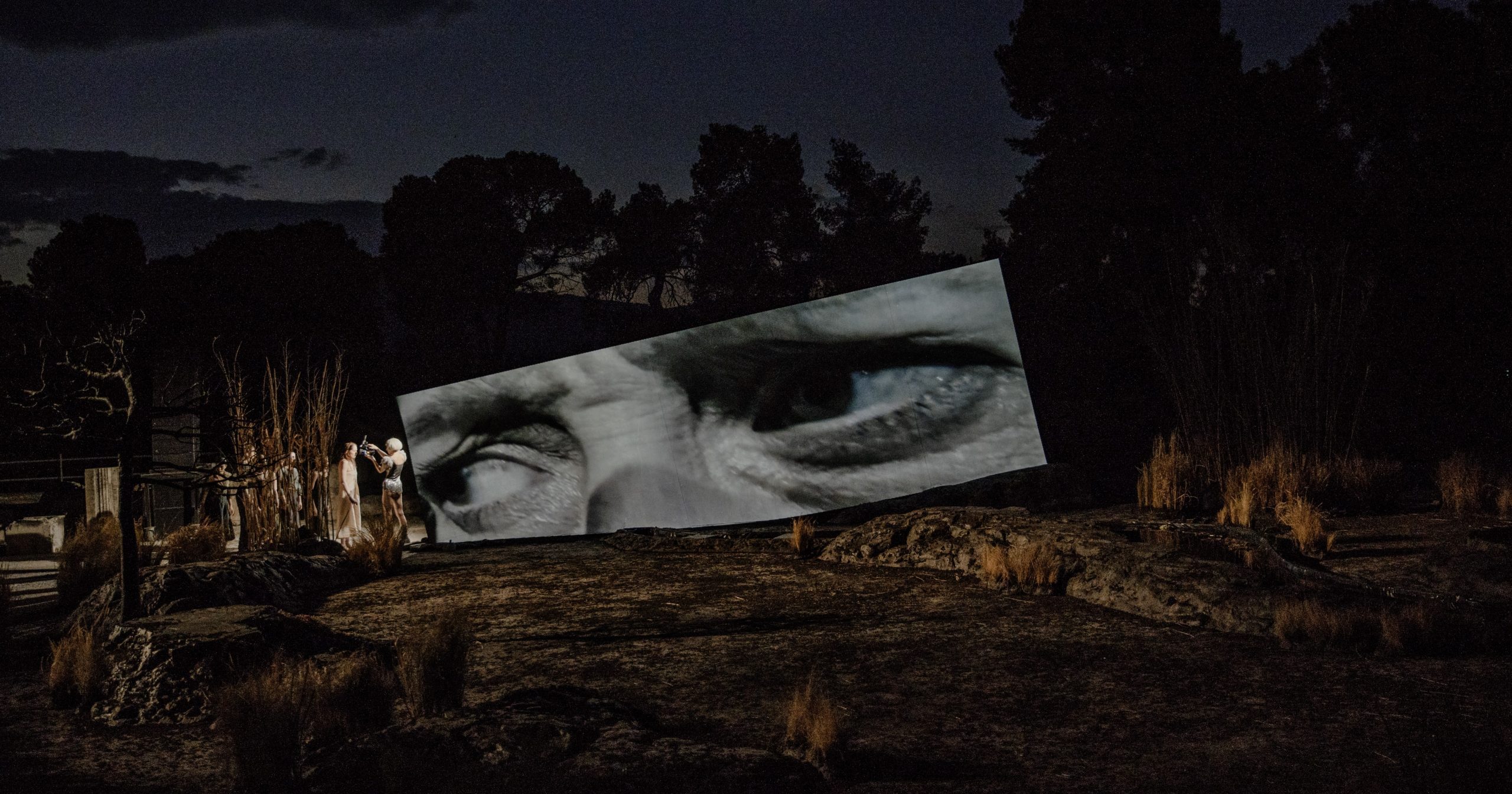
"Hippolytus goes to extremes. He calls women useless and argues that men should have children by going to the temples and depositing the most valuable assets each one has—gold, iron, copper—so that every man buys the child that corresponds to his financial condition. Horrible reasoning, that is. The same pattern also exists in the words of Jason in Medea. And this is where the misunderstanding that wants Euripides to be a misogynist starts. But Euripides does not write these ideas because he advocates them; on the contrary, he writes them in order to criticise those who do. So, when Hippolytus utters them, he commits hubris and loses his life immediately afterwards."
Excerpts from interview with Katerina Evangelatos by Eri Vardaki for BHMAgazino in May 2023
HIPPOLYTUS National Theatre of Greece-Athens Epidaurus Festival-Lykofos
Date:Mar 1-2 2025
Venue:Lyric Theatre, The Hong Kong Academy for Performing Arts


